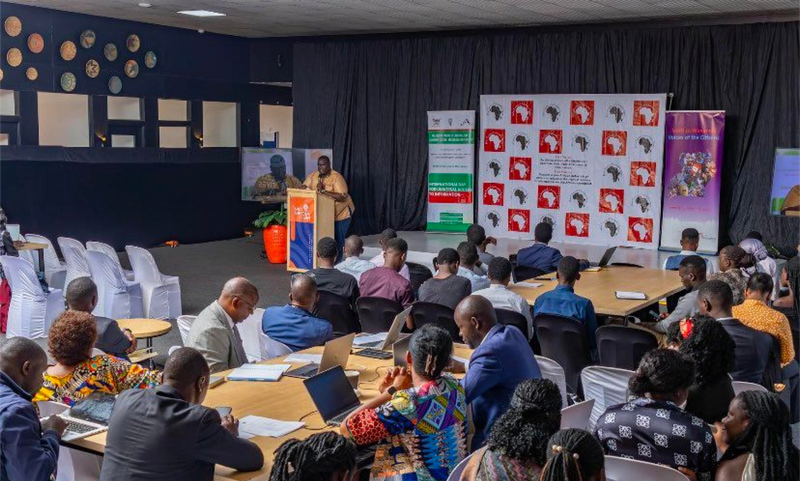
During the commemoration of the 2025 International Day for Universal Access to Information (IDUAI) held in Kampala on October 7th, a coalition of stakeholders from government and civil society reaffirmed their commitment to prosecuting public officials who withhold information in violation of the law. The event, themed “Ensuring Access to Environmental Information in the Digital Age,” provided a platform for dialogue on whether Uganda is making tangible progress in guaranteeing access to environmental information.
Participants included government representatives, journalists, students, academics, and civil society members, all gathered to address the persistent gaps in public access to critical environmental data. Gilbert Sendugwa, Executive Director of the Africa Freedom of Information Centre (AFIC), emphasized the urgent need for communities, especially those vulnerable to climate change, floods, deforestation, and other forms of environmental degradation, to access timely and relevant information.
“Many Ugandan communities have little or no access to the information they need to understand, prevent, or respond to these challenges,” Sendugwa noted. He pointed out that despite legal frameworks such as the Constitution and the Access to Information Act (2005), numerous public institutions continue to ignore requests for information. “We are going to hold public institutions accountable through litigation for not complying with the law. So, those entities that are not responding to requests or those who don’t respond in time, we put you on notice,” he warned.
Echoing this stance, Joshua Akandwanaho, Senior Information Technology Officer at the National Information Technology Authority (NITA-U), called for legal action against noncompliant institutions. “We are trying to find an effective solution, especially for those Ministries, Departments, and Agencies (MDAs) that are adamant about responding to public requests. Kindly engage NITA so that we can also take them to courts of law and make sure they are responsive,” said Akandwanaho.
Marie Nanyanzi, Senior Program Officer at Twaweza East Africa, highlighted infrastructure as a key barrier to information access, particularly in rural areas. “We need to invest in rural infrastructure so that we expand access to electricity, enabling people to power their devices, such as mobile phones, and easily access information,” Nanyanzi suggested.
Dr. Gerald Walulya, a Senior Lecturer in the Department of Journalism and Communication at Makerere University, observed that while the culture of information access is gradually taking hold in Uganda, substantial work remains. “We acknowledge that there are some men and women who have already laid the foundation on which we can build greater access to information,” he stated.
He further noted that over the past five years, the department has been nurturing a new generation of access-to-information advocates. “Over the last five years, the Department of Journalism and Communication has been training a cadre of access-to-information champions who we hope will continue using this knowledge for the greater good of society,” said Walulya. He also welcomed the ongoing efforts to revise the Access to Information Act, citing existing challenges and outdated provisions.
“Without operationalizing some of these provisions, you can never know that they don’t work. I think these efforts have brought us to where we are, but we need to encourage every citizen to exercise this right so that office bearers can take action,” he added.
[The International Day for Universal Access to Information is globally observed on 28th September, following a UNESCO declaration on 17th November 2015.]
UNESCO continues to offer a global forum for dialogue on access to information in the digital age, advancing individual empowerment, informed decision-making, innovation, and inclusive development.
Source: URN

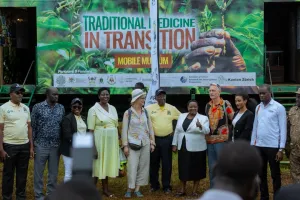
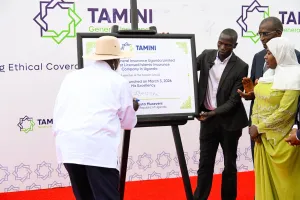
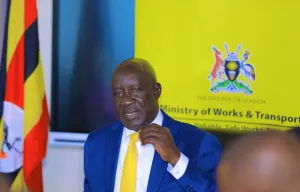
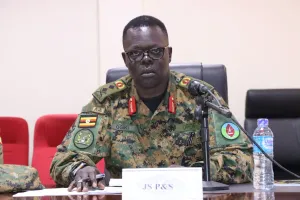
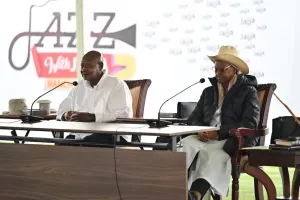







Sunrise reporter
Leave a Comment
Your email address will not be published.